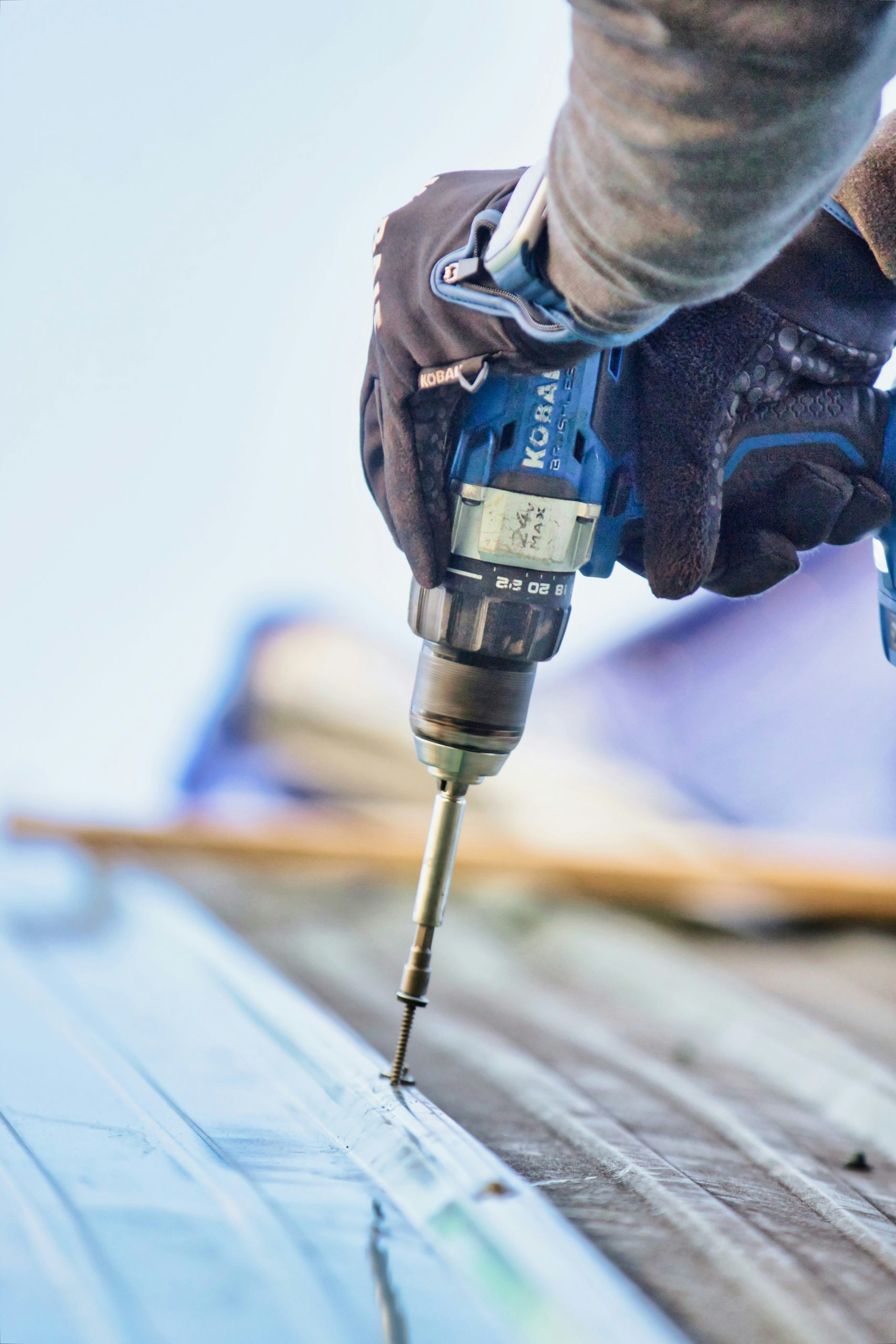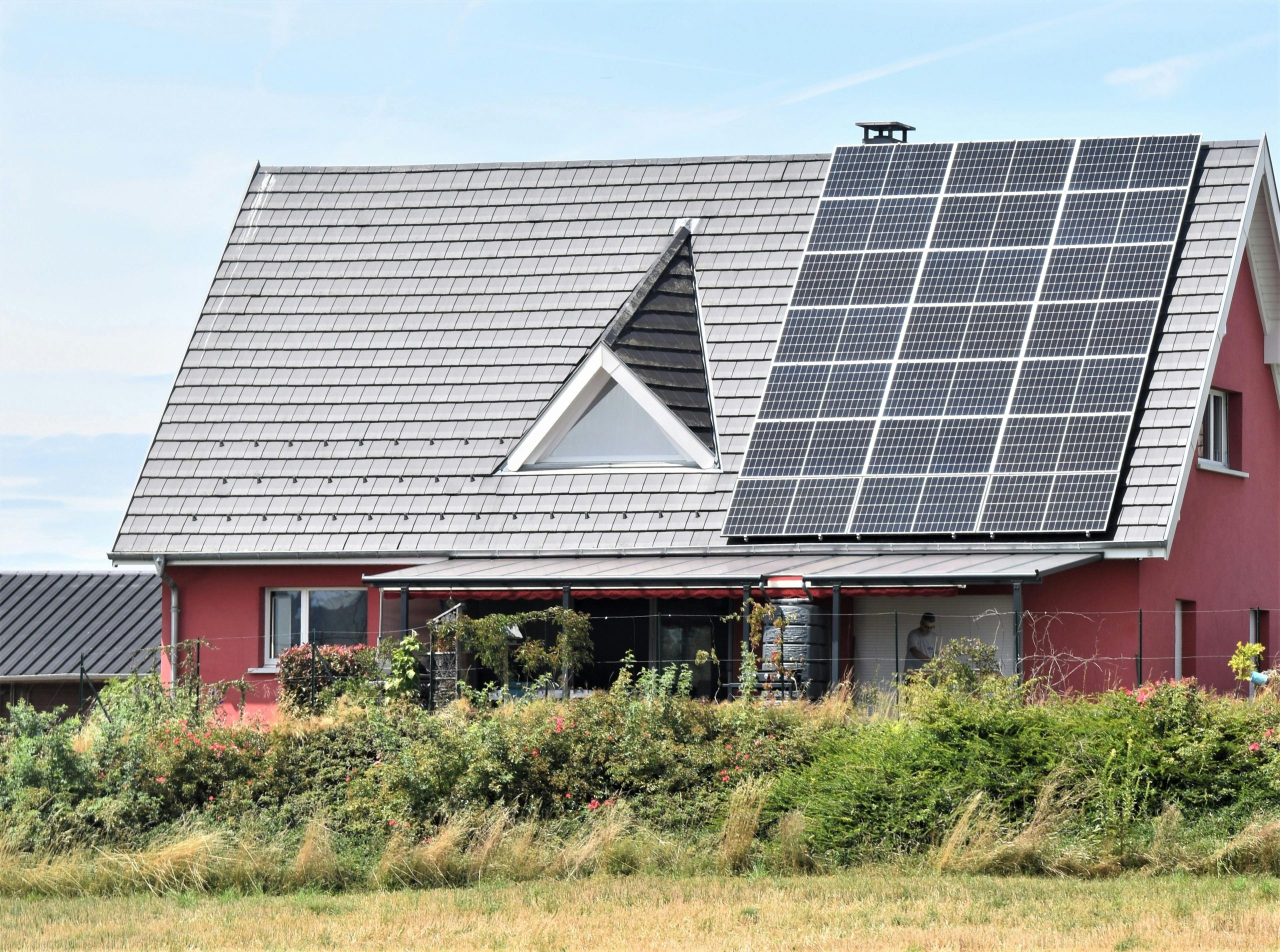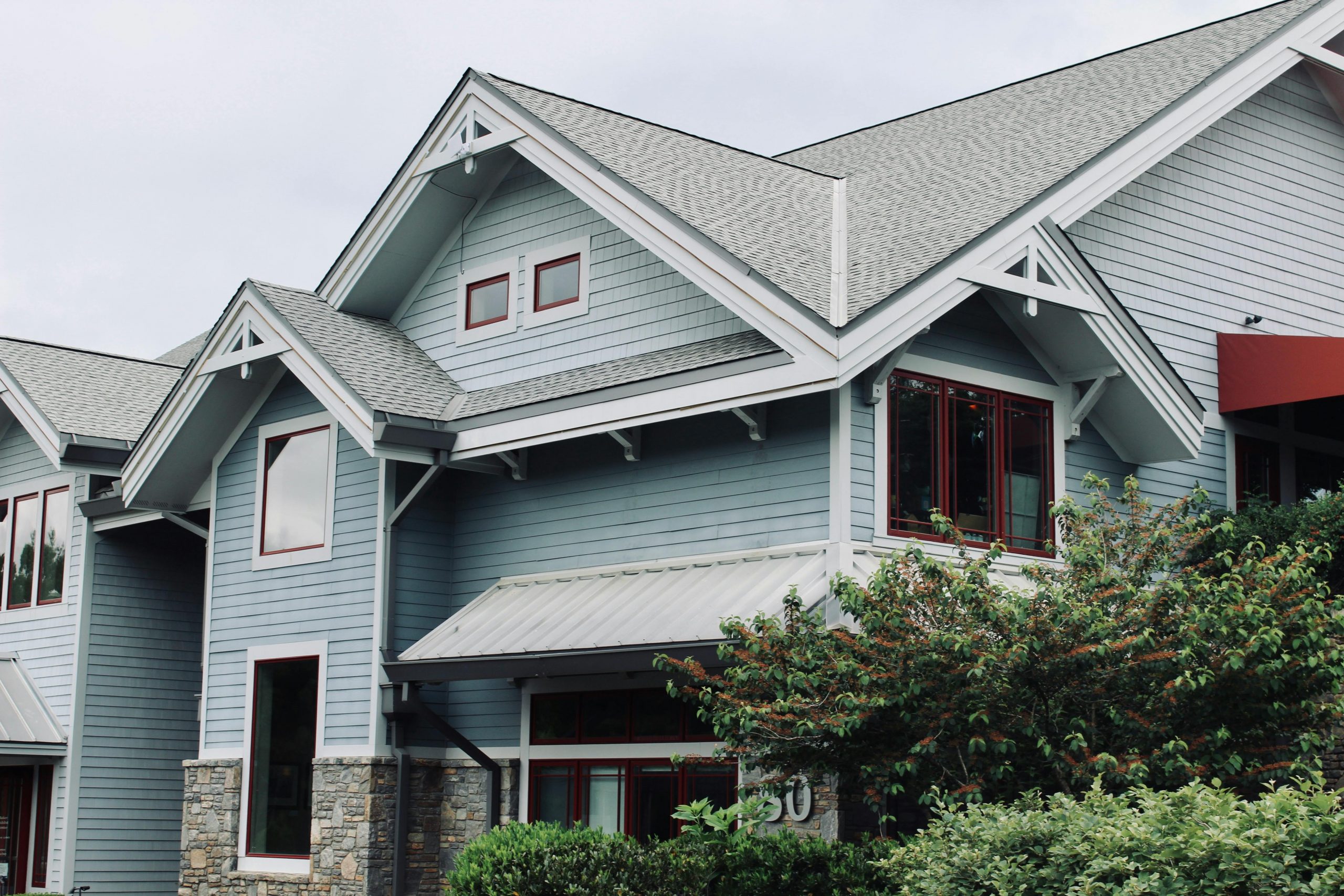As a respected roofing company in New England, we understand the unique challenges and requirements that the local climate imposes on roofing materials. Metal roofing, with its durability, longevity, and energy efficiency, has become an increasingly popular choice for homeowners in the region. In this comprehensive guide, we will explore the pros and cons of metal roofing, providing valuable insights to help you make an informed decision.
Introduction to Metal Roofing in New England
New England’s climate, characterized by harsh winters, heavy snowfall, and occasional severe storms, demands robust and durable roofing solutions. Metal roofing has emerged as a favorable option due to its ability to withstand these conditions while also offering a range of other benefits. However, like any material, it has its downsides. We’ll delve into the specifics to give you a clear picture.
Pros of Metal Roofing
1. Durability and Longevity: Metal roofs are known for their exceptional durability. They can withstand high winds, resist impact from debris, and are impervious to conditions that typically cause wear and tear on other roofing materials, like asphalt shingles. A well-installed metal roof can last 40 to 70 years, far outstripping the lifespan of traditional roofing materials.
2. Energy Efficiency: Metal roofing reflects solar radiant heat, which can reduce cooling costs by 10-25%. In New England, where summer temperatures can soar, a metal roof can keep your home significantly cooler, leading to lower energy bills.
3. Snow and Ice Shedding: The surface of a metal roof is slick and impervious to moisture, which means snow and ice slide off more easily than they do on other types of roofing. This is a significant advantage in New England winters, as it prevents ice damming and the buildup of heavy snow that can strain your home’s structure.
4. Environmental Sustainability: Metal roofing is often made from recycled materials and can be recycled at the end of its life, making it an environmentally friendly option. Additionally, its energy efficiency contributes to a reduced carbon footprint for your home.
5. Fire Resistance: Metal roofs are noncombustible and typically have a Class A fire rating (the most resistant). This can provide peace of mind, particularly in areas prone to wildfires or lightning strikes.
6. Versatility in Design: Modern metal roofing comes in a wide range of styles, colors, and finishes. It can mimic the look of asphalt shingles, wood shakes, and even tile, providing aesthetic versatility to match any home style.
Cons of Metal Roofing
1. Higher Initial Cost: The most significant drawback of metal roofing is its initial cost. Metal roofs are more expensive to install than asphalt shingles. However, considering their longer lifespan and lower maintenance costs, the overall lifetime cost can be lower.
2. Noise: During rain or hail, a metal roof can be noisier than other types, although proper insulation and attic space can mitigate this issue.
3. Expansion and Contraction: Metal roofing materials can expand and contract with temperature changes. If not properly installed with allowance for this movement, it can lead to loosening of the panels or fasteners.
4. Potential for Dents: Depending on the type of metal and its thickness, it can be prone to denting from hail or falling debris. Some softer metals like aluminum and copper are more susceptible than others, like steel.
5. Installation and Repairs: Metal roofing requires skilled installers familiar with the material. Incorrect installation can lead to problems and negate some of the benefits. Repairs, although infrequent, can be more complicated than with other roofing types.
Considerations for New England Homeowners
For New England homeowners contemplating a metal roof, consider the specific challenges of your local environment. The ability of metal roofs to shed snow and ice can be a significant advantage, reducing the risk of ice dams and structural strain from heavy snowfall. However, ensure that your home is properly insulated to combat potential noise issues and to maximize energy efficiency.
When selecting a metal roof, consider the material’s gauge (thickness), finish, and color. These factors can affect the roof’s durability, maintenance needs, and energy efficiency. Additionally, work with a reputable installer who has experience with metal roofing in New England to ensure that your roof is installed correctly and designed to withstand local weather conditions.
Conclusion
Metal roofing offers a robust and long-lasting solution for New England homeowners, providing significant benefits in terms of durability, energy efficiency, and environmental sustainability. While the initial cost may be higher than other roofing options, the long-term savings in maintenance, energy bills, and replacement costs can make it a cost-effective choice in the long run.
However, it’s essential to weigh these benefits against the potential downsides, such as noise and the requirement for specialized installation. By considering your specific needs, preferences, and local climate conditions, you can determine whether metal roofing is the right choice for your New England home.
Remember, a well-chosen roof is not just a protective shield for your home; it’s also an investment in your property’s value and comfort. If you’re considering a metal roof, consult with experienced professionals who can provide tailored advice and ensure a high-quality installation that will stand the test of time.





